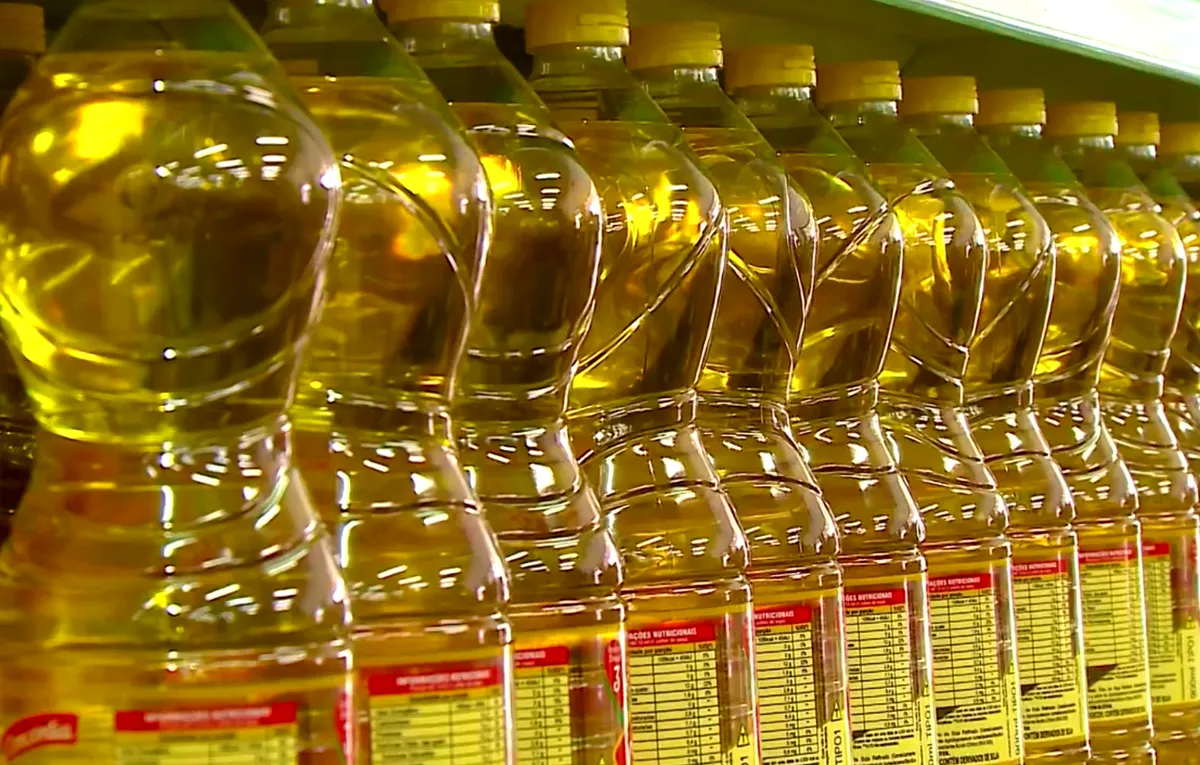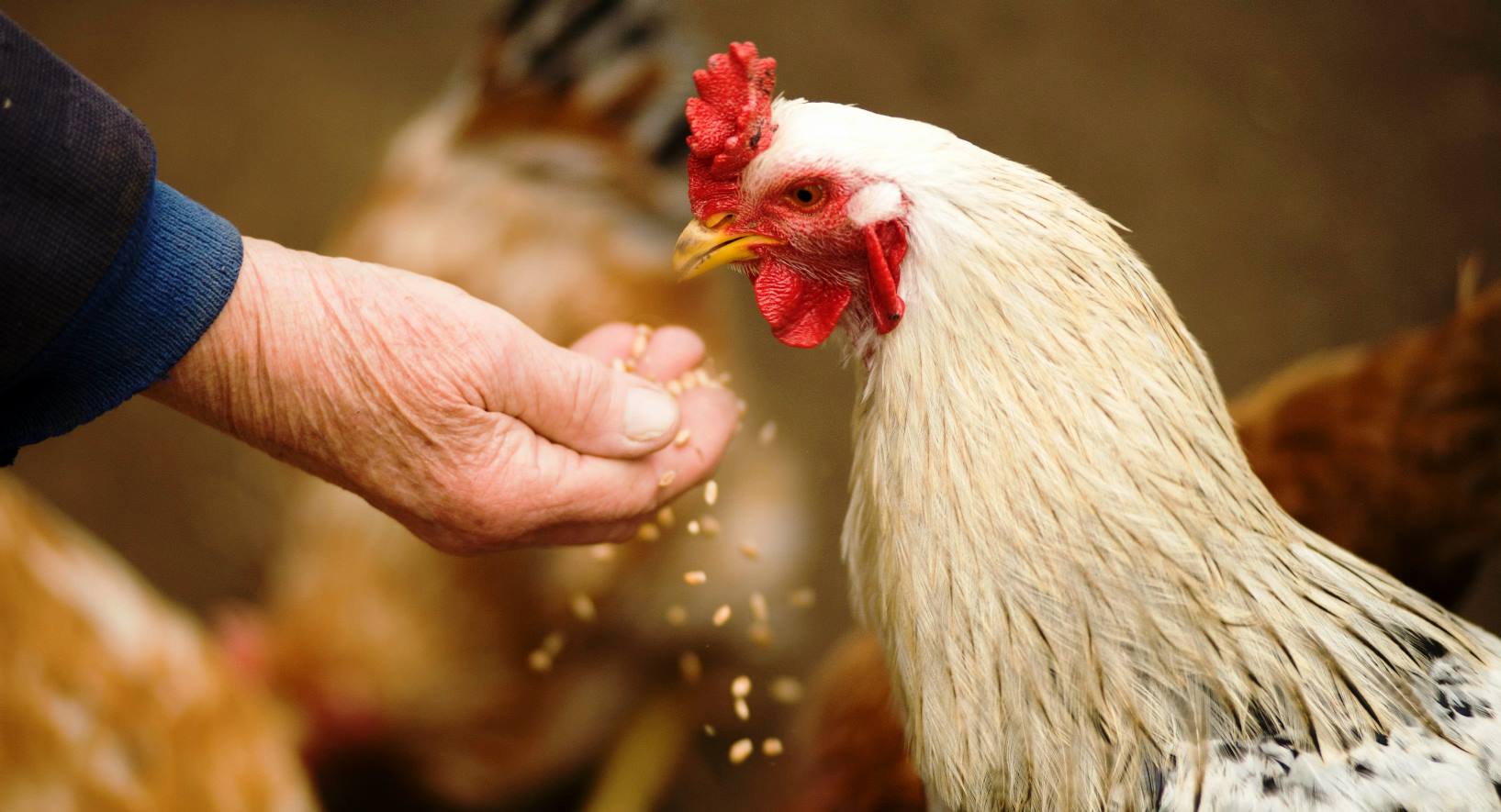
Brazilian sugar is more than an agricultural product — it’s a strategic commodity in global trade, reaching markets across Asia, Africa, the Middle East, the Americas, and Europe. As the world’s leading producer and exporter of sugar, Brazil offers competitive prices, high quality, and a reliable supply chain.
If you’re looking to import white refined sugar (Icumsa 45), raw sugar (VHP), or brown sugar, this guide will show you the complete process. From choosing the right type of sugar, through necessary documentation, to securing deals with trusted suppliers.
Contents
Brazil is responsible for nearly half of the global sugar trade. Its sugar mills operate on a large scale, capable of supplying both small container orders and full shiploads in bulk.
Competitive advantages:
High agricultural productivity with top-quality sugarcane.
Established logistics infrastructure in ports like Santos, Paranaguá, Maceió, and Recife.
Global certifications such as Halal, Kosher, and ISO.
Attractive prices and profit margins for resellers and industries.
| Type of Sugar | ICUMSA Grade | Common Uses |
|---|---|---|
| White Refined Sugar | ICUMSA 45 | Direct human consumption, beverages, food industry |
| VHP Sugar (Very High Polarization) | ICUMSA 600–1200 | Further processing and local refining |
| Brown Sugar / Unrefined | Unrefined | Natural products, gourmet and culinary applications |
Each type fits different market needs. Choosing the right sugar depends on the end use and local import regulations.
Before importing, assess:
Domestic consumption trends
Import duties and regulations
Preferred sugar types in your country
In Brazil, sugar mills generally do not sell directly to foreign buyers. Transactions are conducted through licensed trading companies that connect global importers with certified producers.
Criteria for selecting a reliable supplier:
Proven export record
Quality certifications and product specs
Willingness to provide samples and contracts
LOI (Letter of Intent)
RWA or BCL (Proof of funds)
KYC (Know Your Customer) document
Draft contract under ICC guidelines
SBLC (Standby Letter of Credit)
Confirmed LC (Letter of Credit)
TT (Telegraphic Transfer) with phased payments
Top 50 global banks are typically required by Brazilian exporters for secure financial operations.
Maritime shipping: container (FCL) or bulk vessel
Common Incoterms: FOB, CFR, CIF
Main export ports: Santos, Paranaguá, Recife

Let’s say your company wants to import a full shipload of 12,500 metric tons of white refined sugar:
Average price: USD 500/MT
Total operation: USD 6,250,000
Payment method: Confirmed LC
Estimated delivery time: 15 to 25 days
Departure port: Santos, São Paulo
CONTAINER SUGAR ORDERS
⇒ Start with 5 to 10 containers to understand the process
⇒ Work with trading companies experienced in global transactions
⇒ Always request formal contracts with protection clauses
⇒ Use resources like the Mello Commodity Exporters Guide, which connects you to verified Brazilian suppliers
CONTRACTS FOR BULK SHIPPING FROM 12500 MT
Click Here – Fill out the form and request a quote from Mello Commodity
Mello Commodity provides a Brazilian Sugar Exporters Guide with trusted companies already active in international markets. Inside, you’ll find:
Company names
Available sugar types
Locations and shipping ports
Monthly supply capacity
Download the guide here:
Importing sugar from Brazil is a smart business opportunity for companies seeking growth through quality, competitive pricing, and supply reliability. With the right supplier, accurate documents, and clear planning, your operation can run smoothly and profitably.
Whether it’s a container or a full shipload, Brazil is ready to deliver sugar to the world. And Mello Commodity is ready to connect you to the best suppliers in the country.
The educational articles on the Mello Commodity Blog aim to guide international buyers with news, alerts, market information and data on the harvest and production of Brazilian agricultural commodities.
Some articles may contain affiliate links that provide access to several SUPPLIER GUIDES for Brazilian agricultural commodities. The commission paid to the Mello Commodity team is used to cover production costs and will not impact the cost of acquiring the material.
If you are interested in negotiating the direct import of sugar, soybeans or yellow corn, simply click on the Quotation menu and send us your order details.

Brazilian, graduated in Marketing, Specialist in Service Management and Strategic Communication.
Important International Negotiator in the commercialization of Brazilian agricultural commodities such as: Sugar, Soybeans and Corn.
Owner of Mello Commdity, she has gained great prominence on the internet in recent years by promoting educational articles for importers of Brazilian agricultural commodities.
 Bangladesh Sugar Imports: A Global Success Case Study
Bangladesh Sugar Imports: A Global Success Case Study Coup plotters are everywhere in international trade. Protect your international businesses with the Agricultural Commodities Suppliers Guide
Coup plotters are everywhere in international trade. Protect your international businesses with the Agricultural Commodities Suppliers Guide Oil Exporters in Brazil – Business Opportunities and Global Markets
Oil Exporters in Brazil – Business Opportunities and Global Markets Avian Influenza in Brazil: What You Need to Know in 2025
Avian Influenza in Brazil: What You Need to Know in 2025